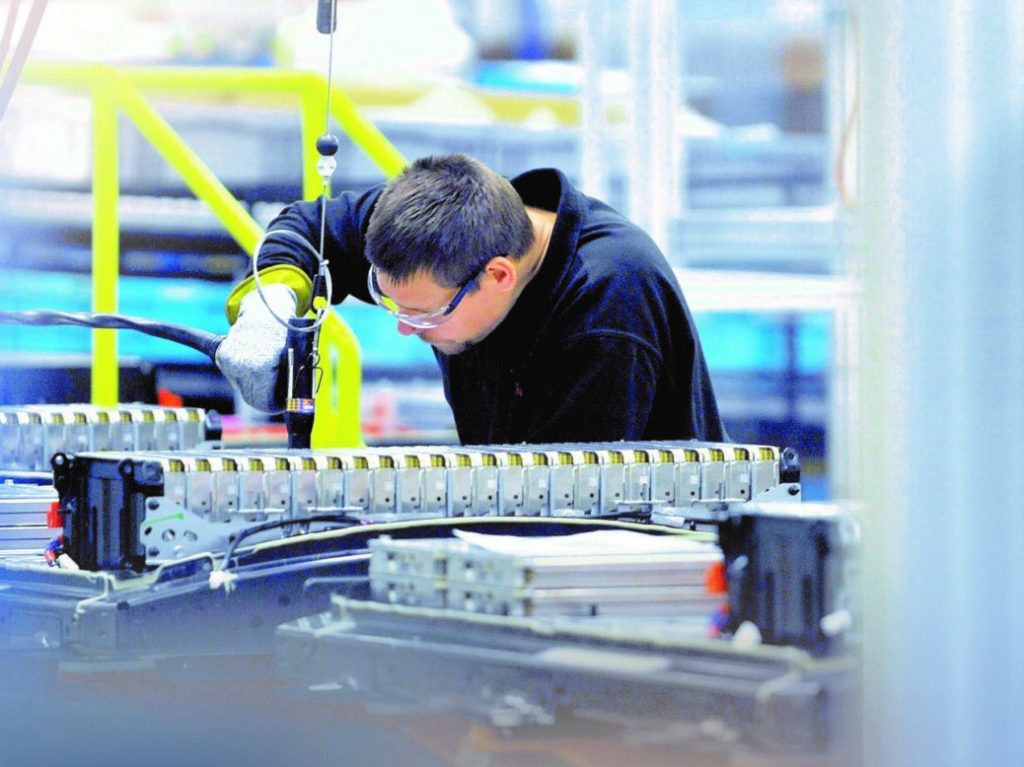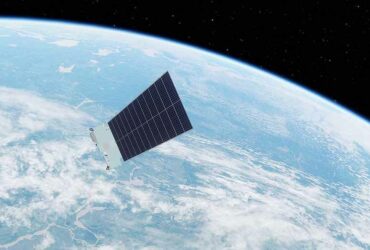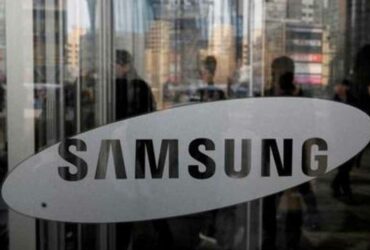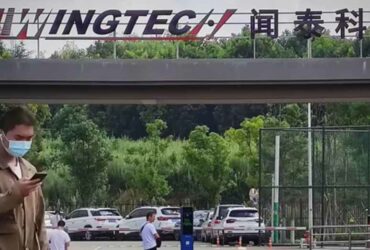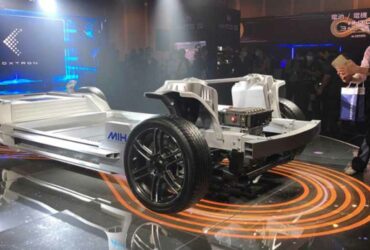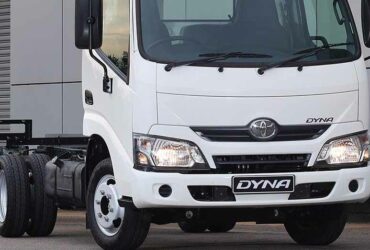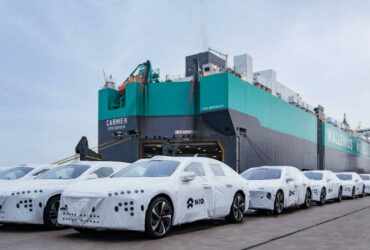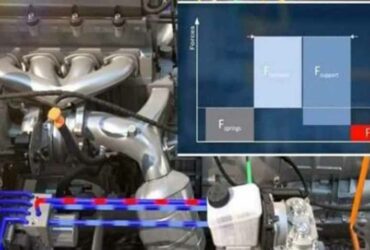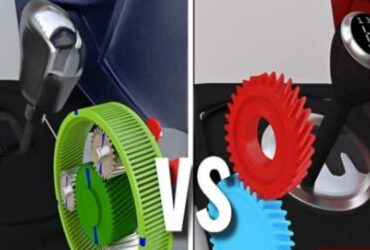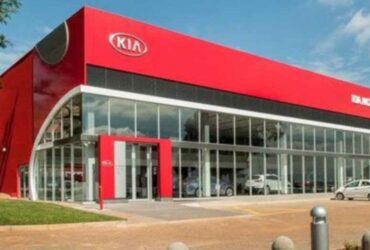Thailand’s electric car battery production sector is on the rise From state-owned enterprises to new renewable energy companies, Thailand’s electric vehicle battery market is entering the market thanks to the government’s push to become a regional manufacturing hub for EVs and vehicle components. GPSC Global Power Synergy (GPSC), an arm of Thailand’s state-owned oil and gas conglomerate PTT Group, will spend 2.7 billion baht ($73.6 million) to set up an EV battery manufacturing plant in Thailand’s Eastern Economic Corridor.
GPSC company’s investment in building a factory; Conducting research to meet customer needs; We will produce batteries according to the specifications of the order. In addition to batteries for electric vehicles, solar power stations will also produce batteries for energy storage. GPSC signed a memorandum of understanding with PTT subsidiary Arun Plus in February. The two companies will work together to produce EV batteries, aiming to produce a total of 5 to 10 GWh (gigawatt-hours) of various batteries by 2030. This amount is enough to provide batteries for 200,00 small EVs. PTT Group is working to install 300 EV charging stations at its gas stations before the end of this year.
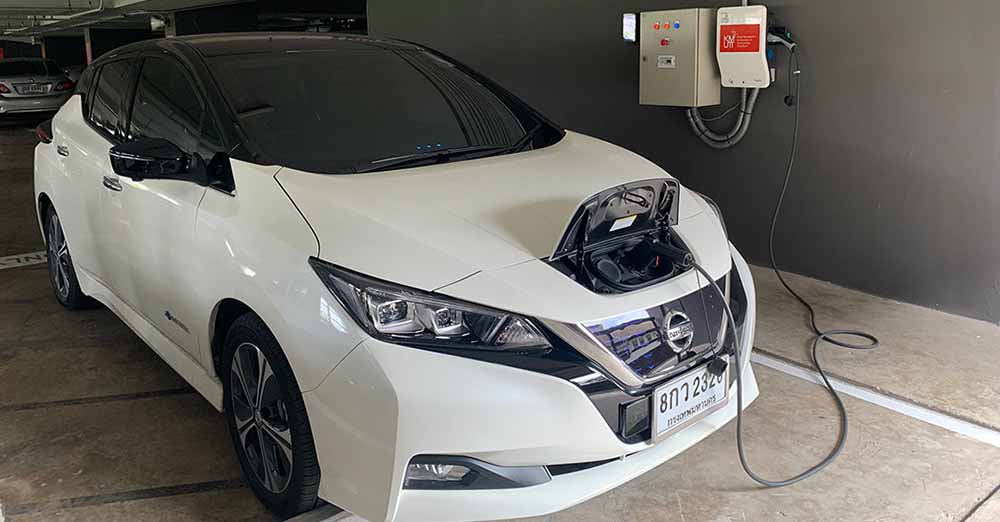
EA Energy Absolute (EA) is a new energy business. EA aims to invest 2 billion baht and produce batteries with a total capacity of 2 GWh per year. EA produces batteries for electric buses, electric truck It will be used in small ferry boats. Amita Taiwan, in which EA owns a 70% stake through a subsidiary, will also manufacture the batteries, aiming to produce a total of 400 MWh (megawatt-hours) per year. BCPG Renewable power plant operator BCPG will produce up to 1,000 MWh of batteries each year, and will produce vanadium redox flow batteries. 772 million baht has been invested in the project.
Southeast Asia’s largest coal miner and renewable power provider, recently bought a 47.68% stake in Singapore-based Durapower Holdings before making investments in EV batteries. The two companies will jointly establish a lithium-ion battery factory in Suzhou, China. A total of 1,000 MWh of batteries will be produced per year. Incentive EV buyers will automatically receive a government subsidy of up to 150,00 baht every time they buy an EV. In the EV sector, the government has provided various support incentives, especially the incentive program given to those who buy and drive EVs. When EVs become popular, Thai companies are investing heavily in the EV battery manufacturing sector.
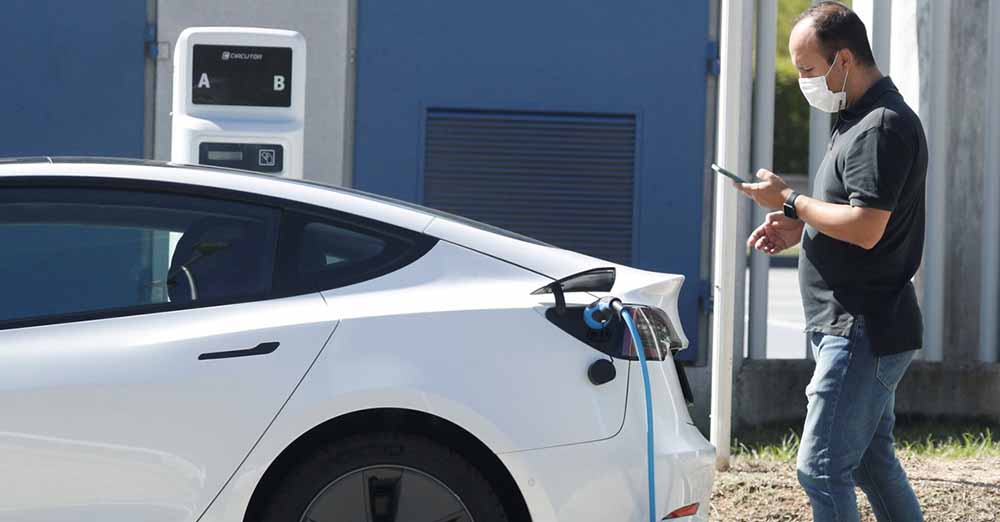
EV golden year The goal set by the Thai government is for electric vehicle sales to account for at least 30% of total new car sales by 2030. The Thai government has also reduced the import tax on EVs to 2% from June 9 instead of the previous 8%. The importing EV company needs to make a commitment to produce EVs locally. allowances; The Federation of Thai Industries – FTI estimates that domestic EV sales will exceed 10,000 units this year due to tax breaks.
Last year in 2021, only 1,954 units were sold. “This year is the golden year for EVs as we are seeing a sharp rise in demand for EVs, prompting many players to jump into the battery market,” said an analyst at Kasikokrn Research Center. In Thailand, there is no enthusiasm for the production of lithium-ion batteries, but zinc-ion batteries will be produced.
The main reason is that zinc-ion batteries are cheap, so EV buyers can afford them. Last year, the Thai government decided to invest 192 million baht in the Eastern Economic Corridor to set up a zinc-ion battery factory. According to the National Science and Technology Development Agency, zinc-ion batteries are safer and more environmentally friendly than lithium-ion batteries. Strong demand and large investments will push Thailand’s EV battery production capacity to reach 430,00 units by the end of 2022, accounting for about 3% of the world’s total EV production.

